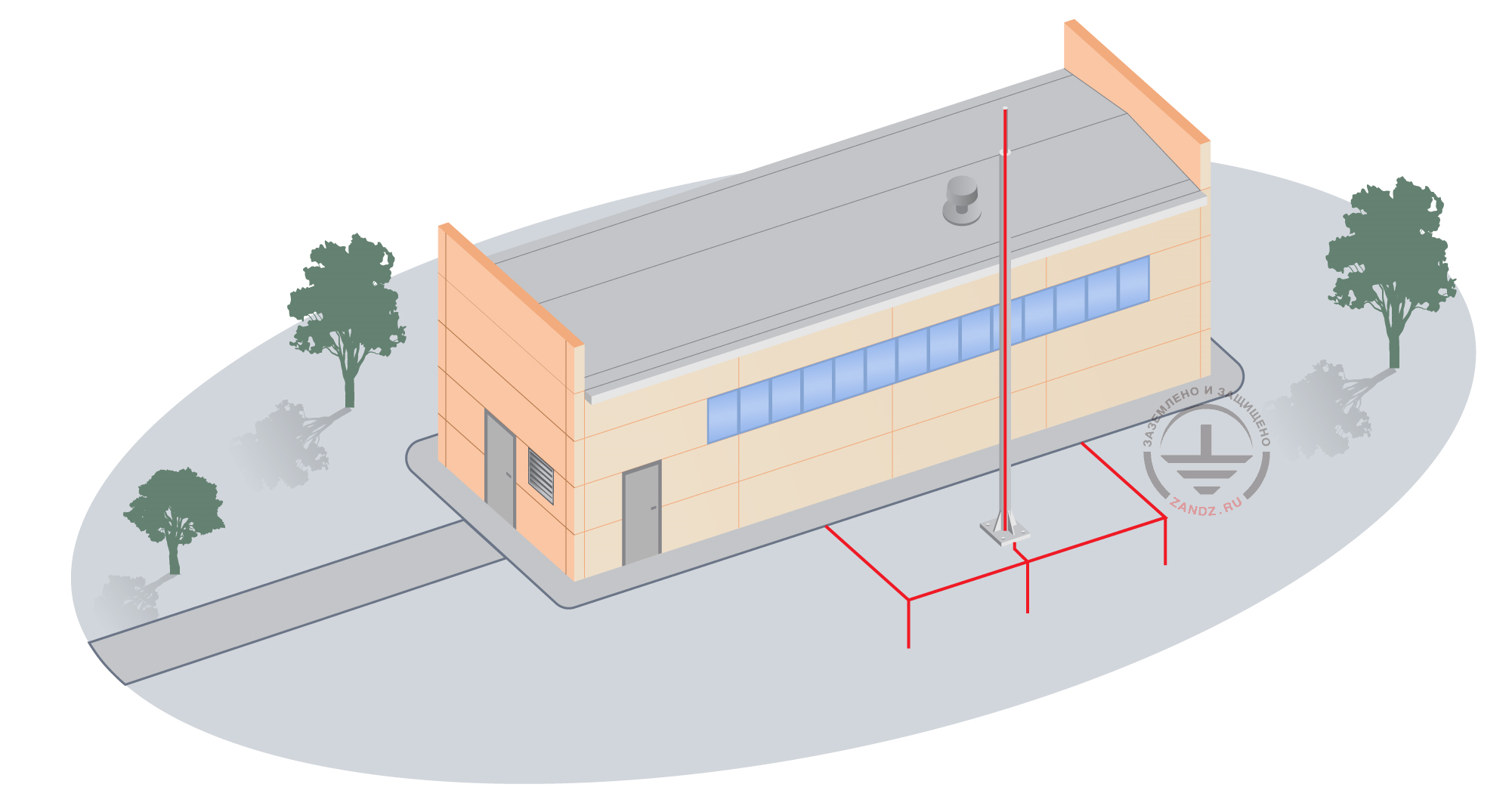Dear readers, for more than 10 years we have been engaged in intensive study of the organization of grounding and lightning protection, and regularly face difficult questions from our readers. ZANDZ Technical center is willing to share the knowledge to help you set the correct protection, fully satisfying regulatory requirements. We offer you a question on the organization of power supply schemes in the house.

Question:
If the body of the device is connected to the grounding bus and is powered by a three-wire line, where one wire is zero, there may be voltage between the bus and the neutral conductor. What to do in this case? Does it carry a risk?
Answer:
If the neutral working (neutral) and the zero protective conductor (grounding) come with individual wires and are not connected anywhere in the house, some voltage value between them is acceptable. It is explained by the pick-up effect on the grounding wire, as well as non-uniform load on the phases, which brings to the potential on the neutral. It results in some voltage value: units, maybe dozens of volts. It doesn't carry direct danger, if not to connect two wires:
- phase and ground, which will bring to a short circuit;
- neutral and ground, leading to unpredictable voltage on the body.
That is the correct use, doesn't suppose such breaches. In such cases, it is recommended to use a residual current device (RCD), as it will turn power off in case of a leakage on the body.
Contact ZANDZ Technical center with your question about grounding and lightning protection and we will help you to arrange quality grounding!
Related Articles:








.jpg)

